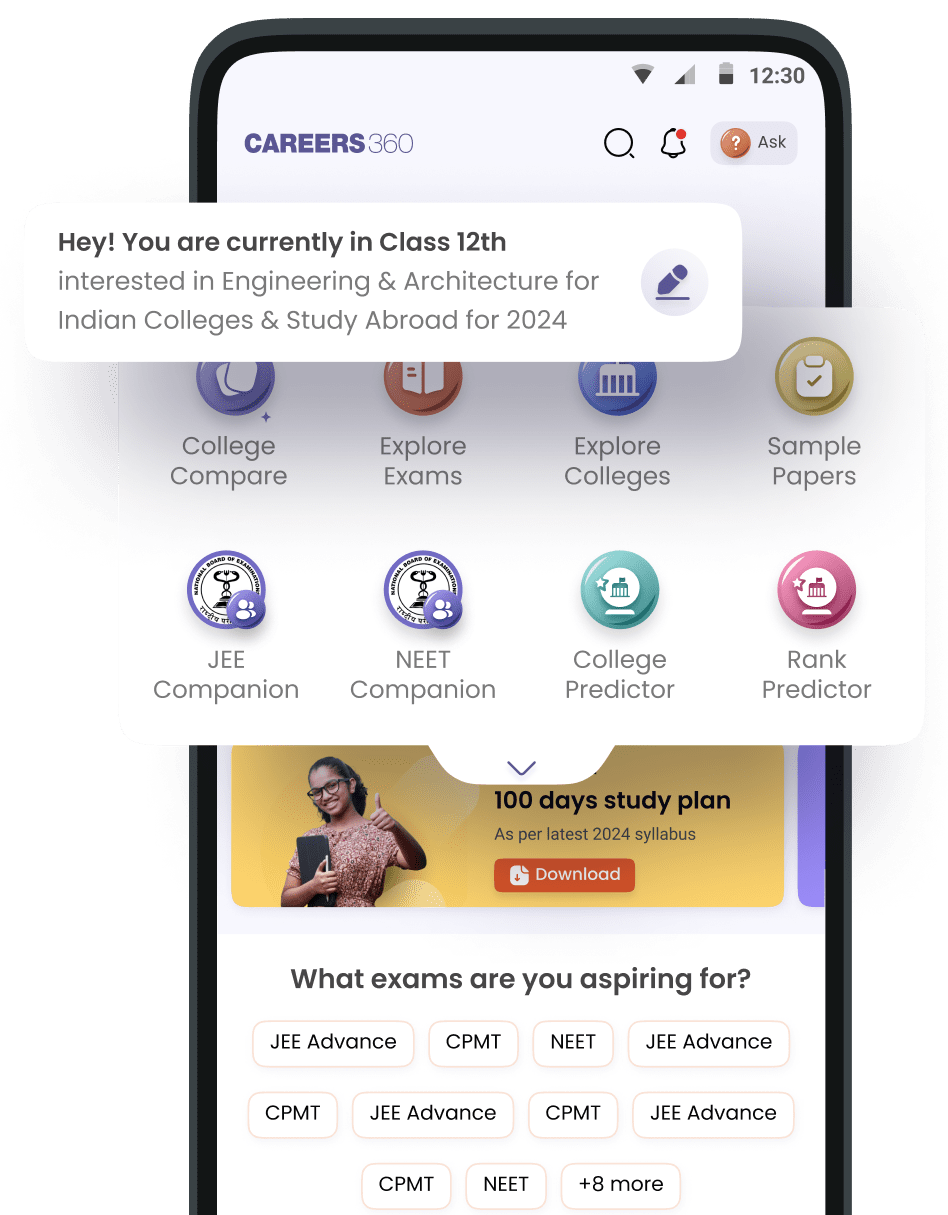Career Transitions: How To Crossover From Being An Employee To Entrepreneur?
Every journey begins with a spark, and the shift from employee to entrepreneur is no different. Often working professionals and even students feel the need to change from being employees to becoming entrepreneurs. This can be due to the dissatisfaction with the daily grind, the desire for more control over one's destiny, or a compelling business idea that can become a reality. Recognising this urge is the first step toward transition.

Career transitions are important moments in our lives, and one of the most challenging but rewarding shifts is moving from the role of an employee to an entrepreneur. The path to entrepreneurship is paved with uncertainties, risks, and potential rewards. This article is designed to help you navigate this complex journey in three phases: understanding the shift, planning for success, and taking the leap. Whether you're a working professional looking to break free from the corporate grind or a student with dreams of starting your own business, this comprehensive guide will illuminate your way.
The transition from being an employee to an entrepreneur is an exciting, yet challenging endeavour. It's a path that promises greater independence, the chance to follow your passion, and the opportunity to build something of your own. However, it's not without its hurdles. Many aspiring entrepreneurs are held back by uncertainty and fear of the unknown.
Planning the Transition
To successfully make the leap, one must plan meticulously. This phase is crucial for a smooth transition, ensuring that you're well-prepared for the road ahead. Here are the key steps to consider:
Self-assessment
Before you begin, take an honest look at your skills, interests, and motivations. What are you passionate about, and where does your expertise lie? Identifying your strengths and weaknesses will help you choose the right path in entrepreneurship.
Set Clear Goals
Define your objectives and establish a timeline for achieving them. Do you want to start a small business, launch a tech startup, or freelance as a consultant? Setting clear goals will give you direction and purpose.
Build Financial Safety
The initial stages of entrepreneurship can be financially challenging. Ensure you have savings or a contingency plan to cover your living expenses and business startup costs.
Acquire Knowledge
Knowledge is your most valuable asset. Invest in learning about your chosen industry, market trends, and business management. Consider taking relevant courses, attending workshops, and seeking mentorship.
Network
Building a strong network is essential for any entrepreneur. Connect with industry peers, mentors, and potential customers. They can offer guidance, support, and open doors to opportunities you might have missed.
Business Plan
Develop a detailed business plan outlining your vision, target market, competitive analysis, and financial projections. This plan will serve as your roadmap and a tool to attract investors if needed.
Making the Transition
The journey from employee to entrepreneur is not a one-size-fits-all process. However, here are some universal steps to ensure a successful transition:Start Small
It's often wise to dip your toes in the entrepreneurial waters before taking the plunge. Consider freelancing, consulting, or creating a side business while still employed. This will help you gain experience and test your business concept.
Financial Management
Carefully manage your finances. Keep a close eye on your budget, and avoid taking on excessive personal debt. Be frugal and efficient in your business spending.
Also check - Personality Assessments: Why Is It Crucial During Career Counseling?
Legal and Administrative Matters
Register your business, obtain necessary licences, and comply with local regulations. It's essential to establish a legal foundation for your venture.
Marketing and Branding
Invest in marketing to build your brand and attract customers. Establish an online presence, create a website, and leverage social media to reach your target audience.
Adaptability
Be ready to adapt. The entrepreneurial world is dynamic, and you will encounter unforeseen challenges. Embrace change and adjust your strategies as needed.
Seek feedback
Encourage feedback from customers, mentors, and peers. Continuous improvement is key to long-term success.
Navigating the Challenges
The journey from employee to entrepreneur is filled with challenges, but with the right mindset and strategies, they can be overcome. Here are some common obstacles you may face and how to tackle them:
Risk Management
As an entrepreneur, you're exposed to financial and personal risks. To mitigate these risks, consider having insurance, an emergency fund, and a contingency plan.
Time Management
The transition can be time-consuming, and the workload might be overwhelming. Efficient time management and prioritisation are essential.
Loneliness
Entrepreneurship can be isolating, especially if you are used to working in a team. Combat loneliness by networking, joining entrepreneurial communities, and finding a mentor.
Financial Insecurity
Many businesses don't turn a profit right away. Be prepared for financial instability and have a backup plan.
Self-discipline
With no boss to hold you accountable, self-discipline is vital. Set clear daily, weekly, and monthly goals and stick to them.
Balancing Work and Life
Entrepreneurship can be all-consuming. Strive for a balance between your personal life and business.
Transitioning from employee to entrepreneur is a remarkable journey filled with opportunities for personal and professional growth. By thoroughly assessing your aspirations, creating a well-structured business plan, and building a strong foundation, you can increase your chances of success in the world of entrepreneurship. Remember that this transition is a learning experience, and the path to entrepreneurship is unique for every individual.
